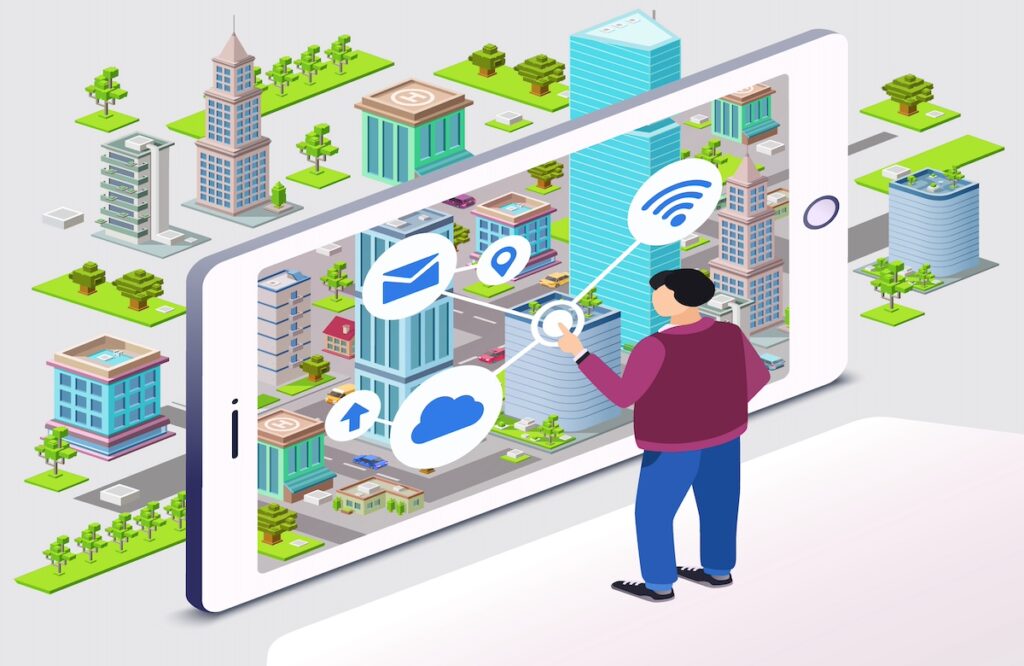
As cities grow, the demand for intelligent, energy-efficient buildings rises. Here, Building Management Systems (BMS), powered by AI and IoT, play a crucial role. In the world of smart buildings, these systems bring seamless control, energy savings, and sustainability. Not only do they streamline operations, but they also enhance the comfort and safety of occupants.
Enhancing Efficiency with Building Management Systems
Building Management Systems are transforming modern buildings into smart environments. With the help of IoT sensors and AI algorithms, they offer centralized control, allowing facility managers to monitor and manage different building operations through a single interface. For instance, BMS integrates heating, ventilation, and lighting, which means fewer manual interventions and quicker adjustments based on real-time conditions.
Real-World Efficiency Gains
Consider Johnson Controls, a leader in BMS technology, which improved energy efficiency by over 20% in buildings using BMS solutions. By automating lighting and HVAC systems through IoT-connected devices, companies can significantly lower operational costs and reduce energy consumption, contributing to both economic and environmental goals. With AI-powered predictive analytics, these systems can even anticipate future needs, further optimizing building performance.
Security and Safety in Smart Buildings
Another key feature of Building Management Systems is their contribution to safety. BMS integrates security features such as AI-driven video surveillance, access control, and real-time monitoring, using IoT sensors for advanced threat detection. With real-time data on building occupancy, BMS helps manage emergencies effectively, safeguarding lives while minimizing property damage. Additionally, BMS can detect anomalies or hazards, such as smoke or equipment malfunctions, instantly notifying building managers to take action.
Case in Point: Enhanced Safety
A prominent tech campus implemented BMS for security monitoring and emergency response. By using AI-powered analytics and real-time IoT data, security incidents decreased by 15% in the first year. This case demonstrates the importance of BMS in ensuring safety in high-traffic buildings.
Sustainability and the Future of Building Management Systems
As sustainability becomes a priority, Building Management Systems are at the forefront of green building initiatives. By monitoring resource usage through IoT sensors and optimizing systems via AI-based decision-making, BMS allows companies to lower their carbon footprint. Many systems even provide data analytics, guiding managers in setting sustainability goals and achieving measurable impact.
Statistics That Show Impact
Research indicates that smart buildings with BMS reduce energy usage by 30-50% compared to traditional buildings (source: U.S. Department of Energy). This statistic highlights the potential of BMS, powered by IoT and AI, to drive sustainability efforts.
Looking Forward: The Future of BMS in Smart Buildings
With advancements in IoT, artificial intelligence (AI), and cloud computing, the capabilities of Building Management Systems will only expand. Soon, BMS will incorporate predictive maintenance and advanced data analytics, offering even greater insights for decision-makers. Furthermore, integrating BMS with smart city infrastructure could lead to optimized resources on a larger scale, benefiting entire communities.
Conclusion
Building Management Systems are a cornerstone of the future of smart buildings, blending AI, IoT, efficiency, safety, and sustainability into one platform. As technology advances, these systems will continue to evolve, helping to meet the demands of modern urban life.
If you’re looking to enhance building efficiency and management, consider integrating a Building Management System that incorporates AI and IoT to prepare your property for the future.




